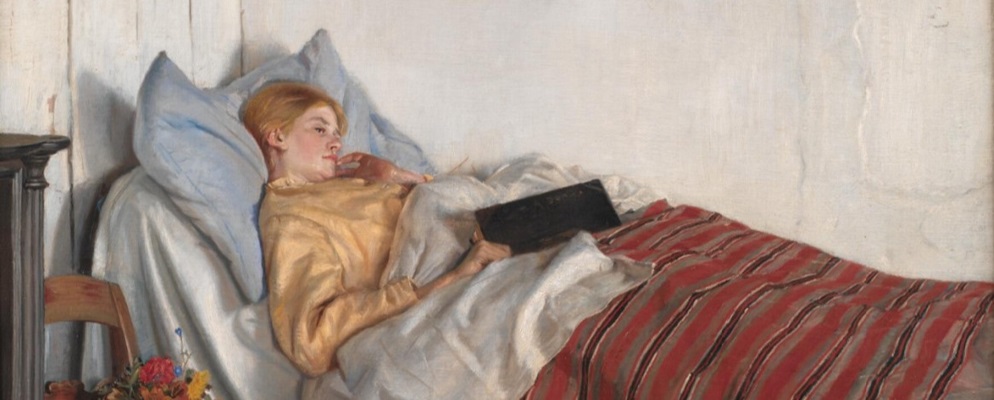Living long and healthy lives is paramount to human welfare and wellbeing. As both economic growth and public health interventions arguably have contributed to increased human welfare over time, economic history offers plenty of natural experiments that can be used to trace out how shocks to health and mortality have affected the economy and how public policy has been utilized to combat disease. Our work evaluates the economic effects of health interventions and whether the interventions have been effective in reducing mortality and improving health. This work is relevant for health policy today as our understanding of what works in e.g. the corona epidemic is shaped, at least partially, by the evidence and experience from past epidemics such as the Spanish flu (1918-1920).
HEDG researchers have worked on, for example, the impact of the Spanish flu, the role of public health policy in the pre-antibiotic era for combating tuberculosis, the role of vaccines for economic outcomes, the use of isolation to hinder the spread of infectious disease, the effects of sulfa drugs and the effects of poor child health and other early life events. It is also notable that the evidence produced by HEDG researchers comes from many different contexts including e.g. Denmark, England, Sweden and the United States of America.
Recent funded projects include ”White Death, Public Policy and Development” funded by the Danish Research Council (DKK 3.1 million) with Peter Sandholt Jensen as principal investigator and the Marie Curie grant “Quantifying the Long-Run Social Value of Childhood Vaccination” (DKK 1.5 million) with Keith Meyers as principal investigator.

Please address queries to the researcher responsible for this area: Anthony Wray
Other HEDG researchers who have worked or are working on this topic:
Casper Worm Hansen (external affiliate)
Keith Meyers (external affiliate)
Nina Boberg-Fazlic
Paul Sharp
Volha Lazuka